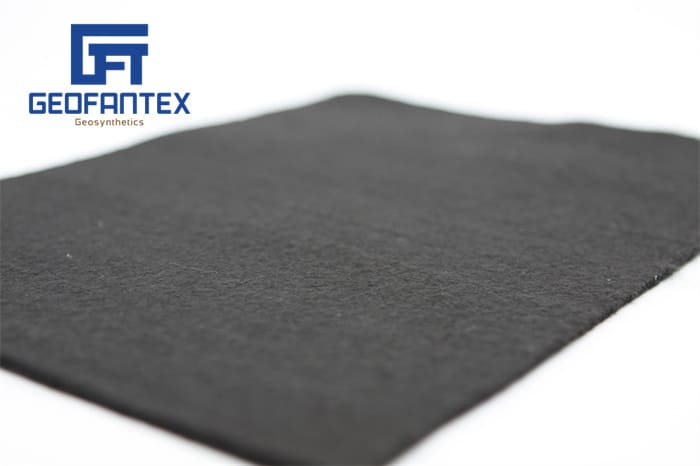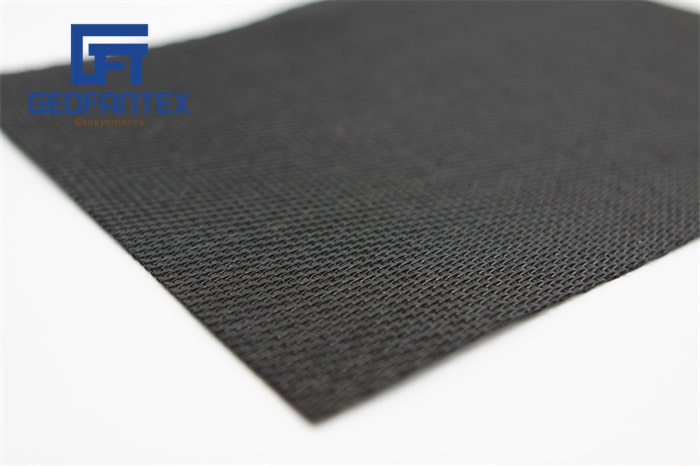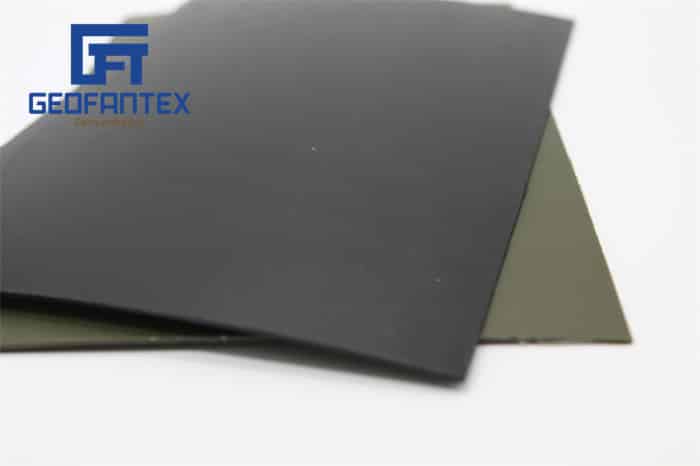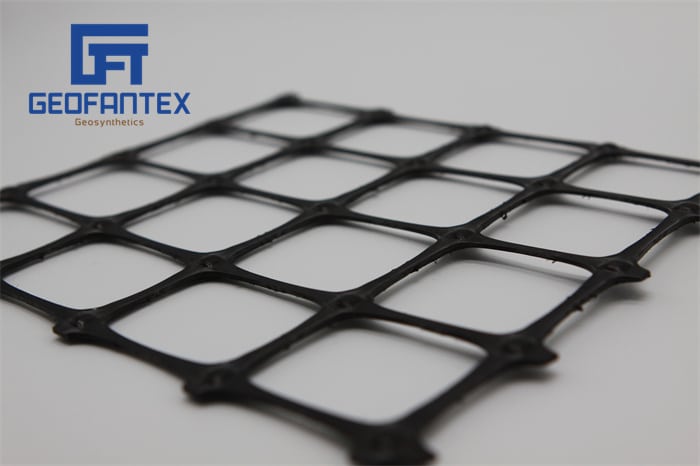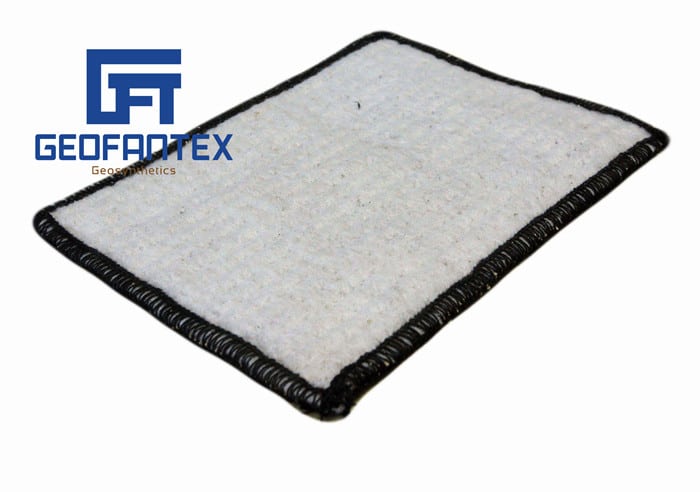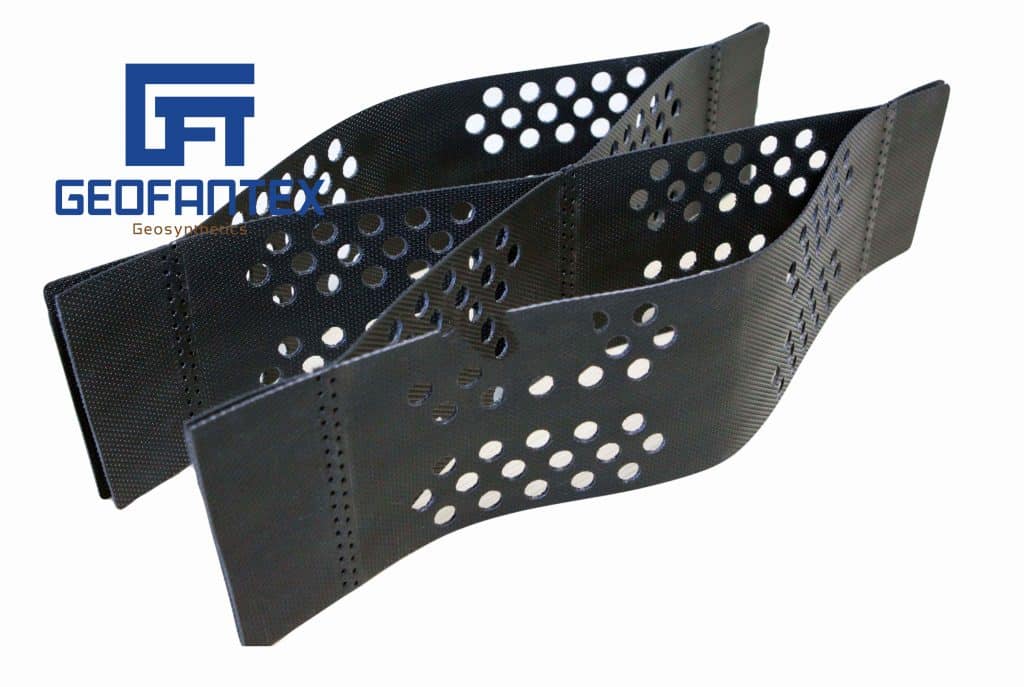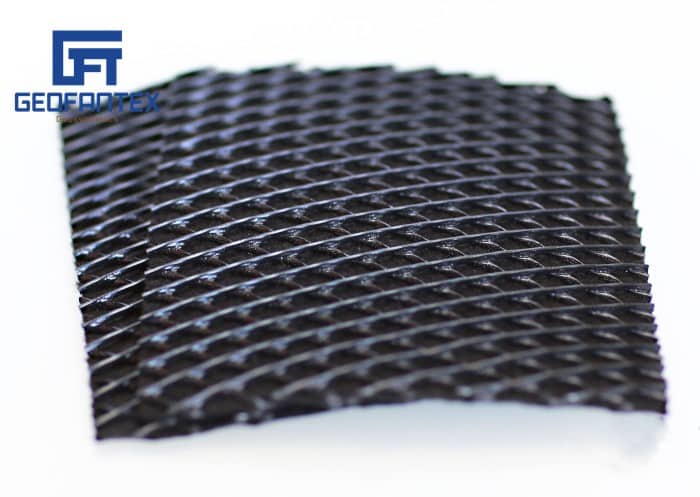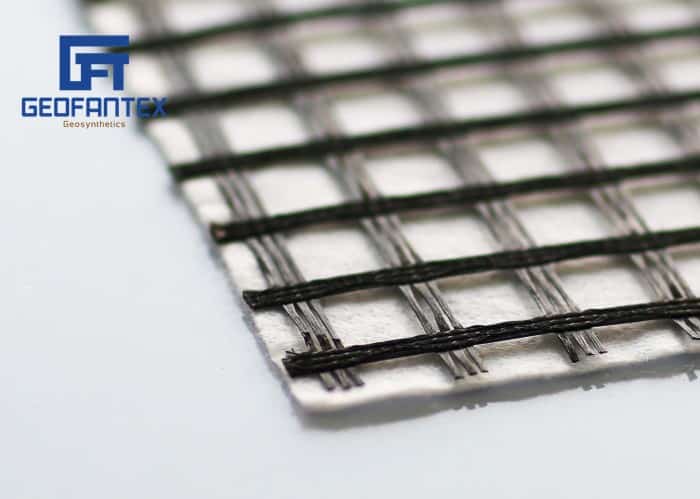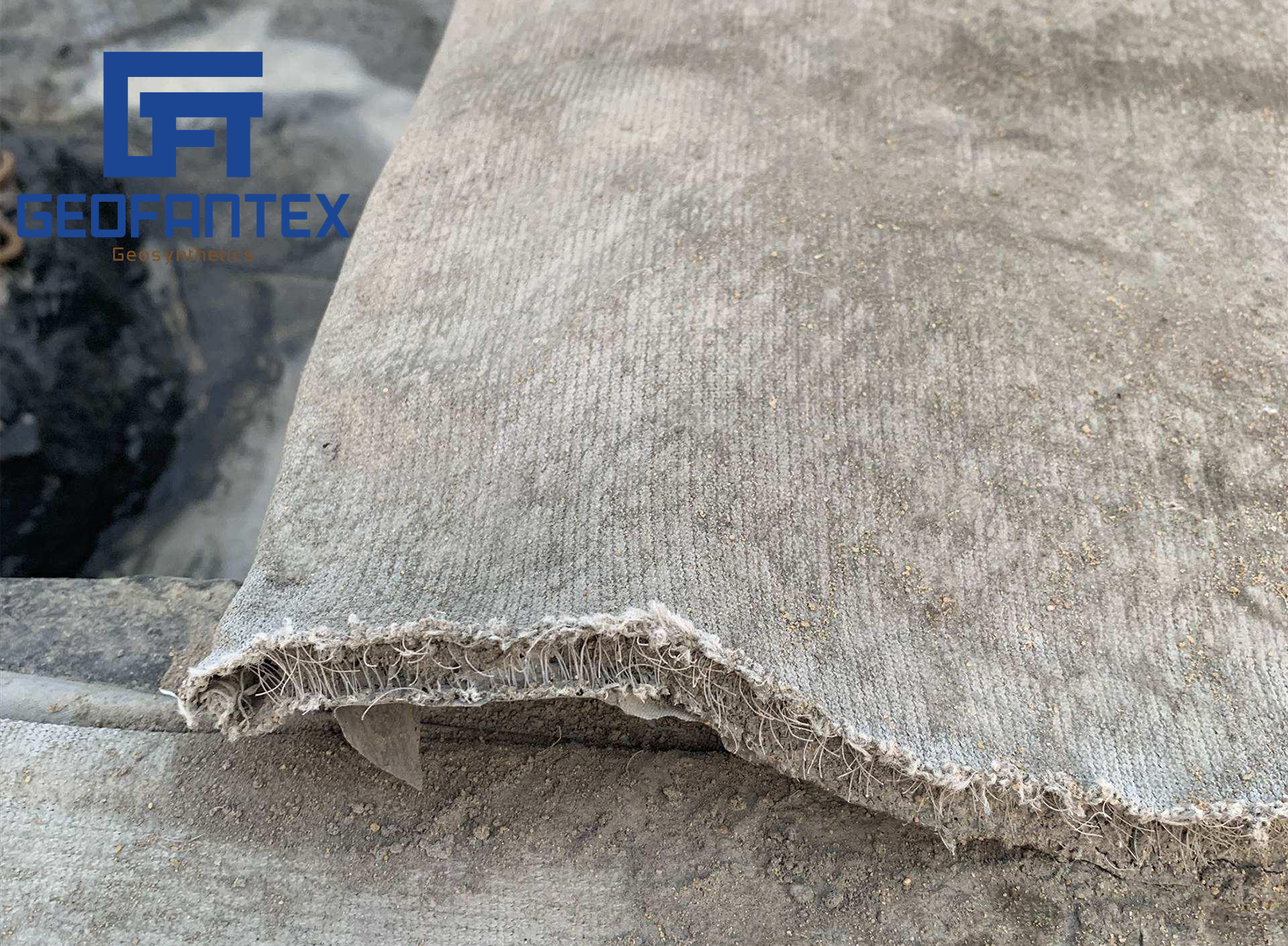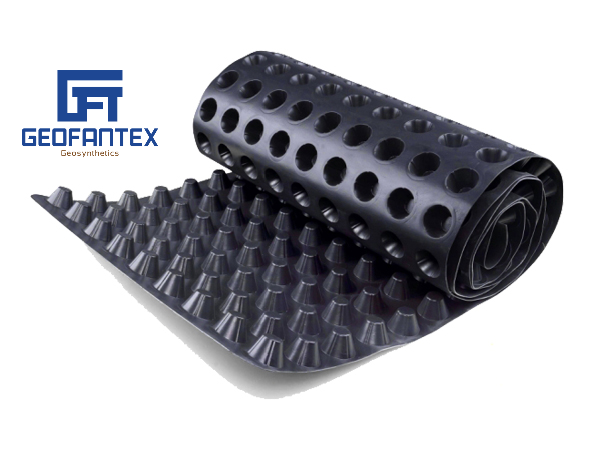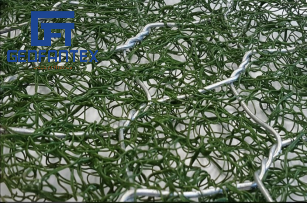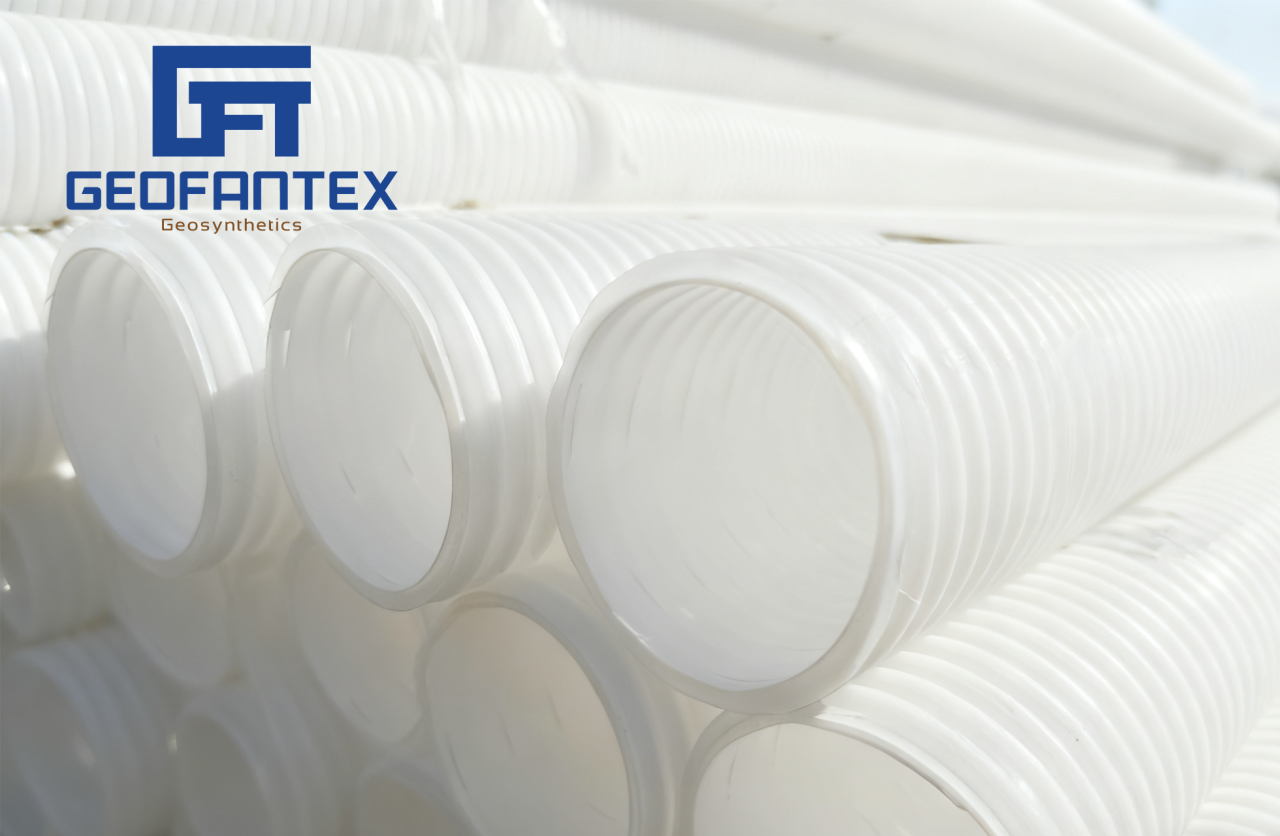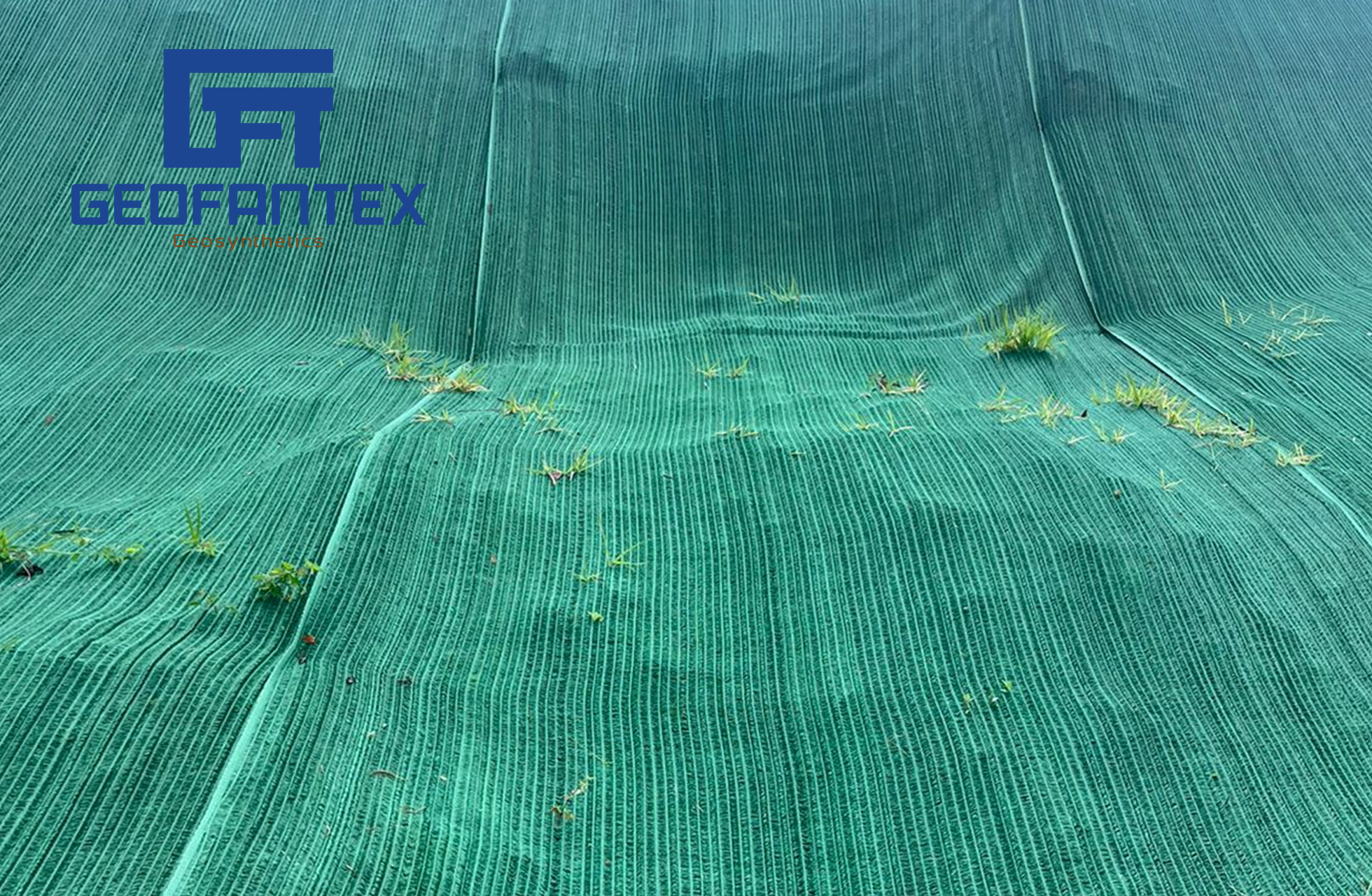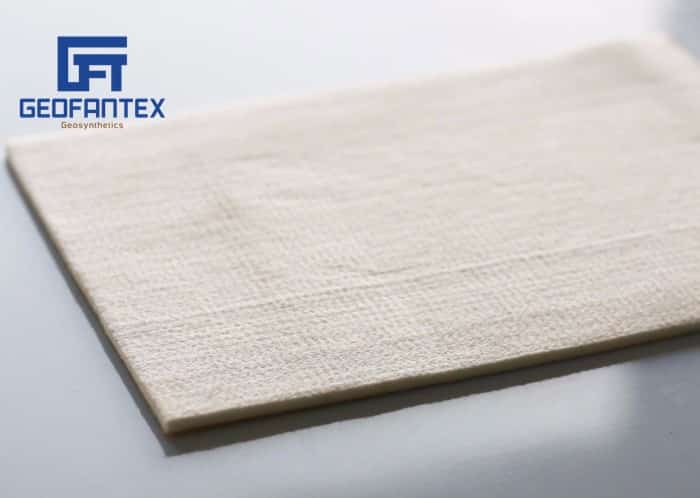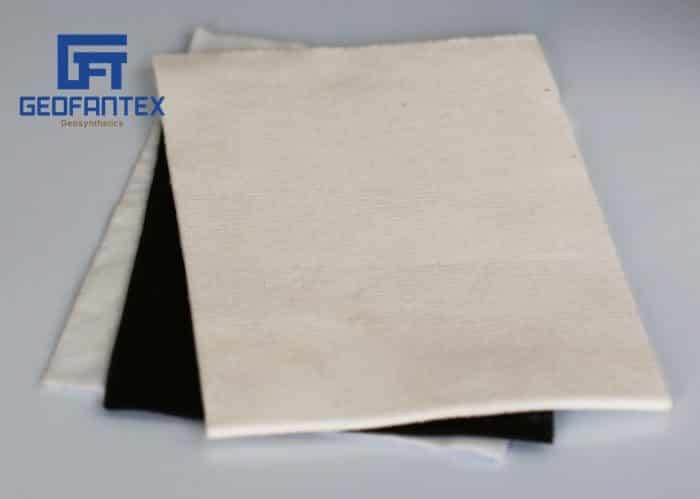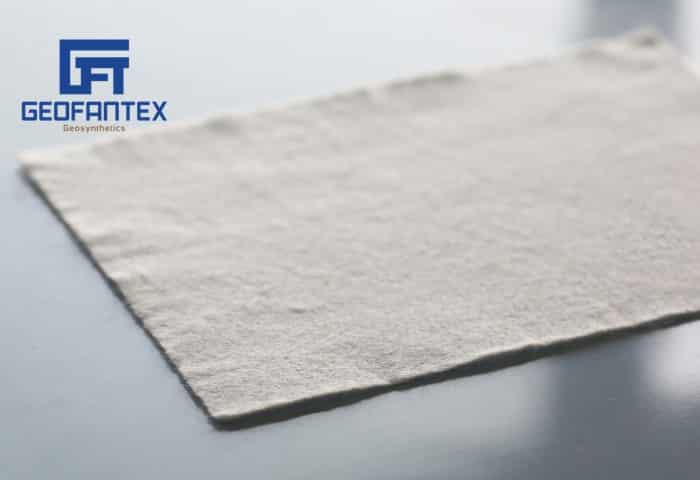+86-159 9860 6917
info@geofantex.com
geofantex@gmail.com
+86-400-8266163-44899
High-density polyethylene (HDPE) rolls are a cornerstone in producing geomembranes, offering robust solutions for environmental, hydraulic, and civil engineering projects. This article explores HDPE geomembranes’ characteristics, uses, and longevity, providing essential insights into their role in modern infrastructure and environmental conservation.
What is the difference between geomembrane and HDPE?
Geomembrane is a broad category of barrier materials designed to impede the flow of fluids and protect against environmental contaminants. These membranes are crafted from various polymers, each with unique properties. For instance, PVC geomembranes are flexible and relatively easy to handle, appealing for adaptable projects. In contrast, HDPE geomembranes are made from high-density polyethylene, known for their high tensile strength and chemical resistance, and are tough and non-flexible, making them less adaptable but ideal for critical applications like landfill liners and water containment. The key distinction lies in the composition; while geomembranes can include materials such as LLDPE or EPDM, the specific use of HDPE lends these membranes exceptional durability and resistance properties.
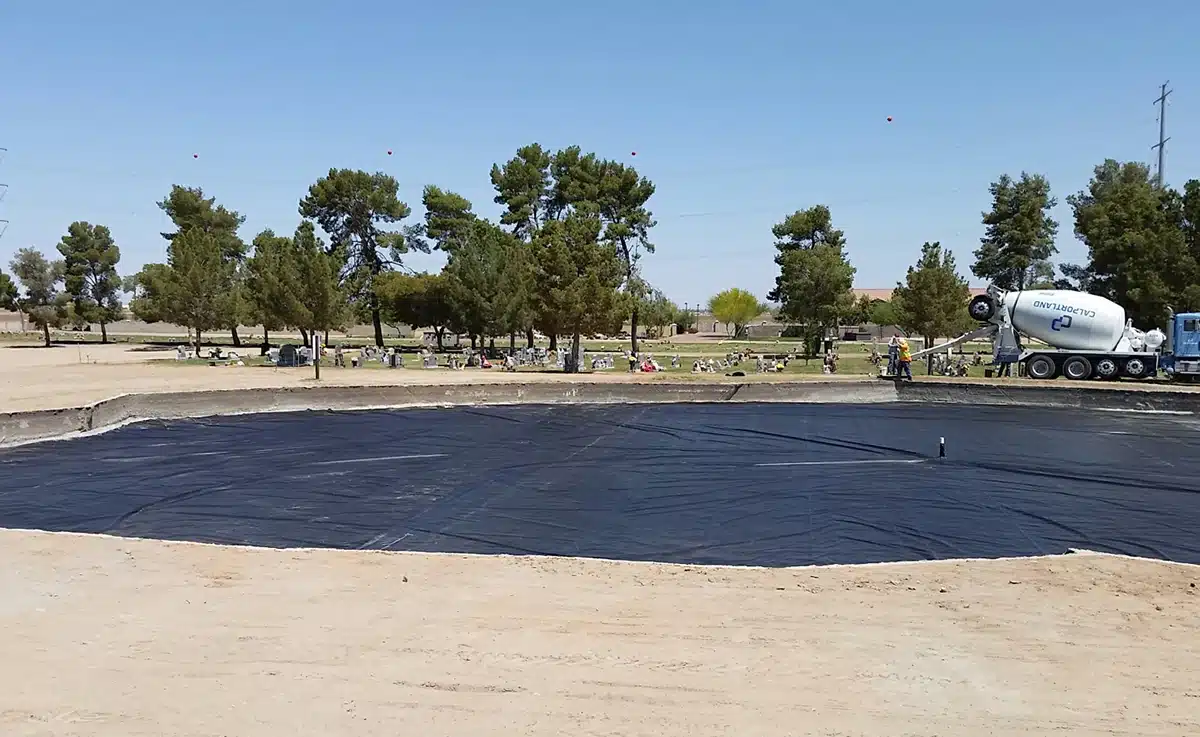
What is HDPE geomembrane material?
High-density polyethylene (HDPE) geomembrane material is a type of plastic liner derived from high-density polyethylene. This material is characterized by its thick, flexible sheets which are manufactured in rolls. High-Density Polyethylene Geomembranes stand out for their resistance to a variety of chemicals, ultraviolet radiation, and harsh environmental conditions. Due to their robust structure, these membranes are extensively used in applications that require excellent impermeability and protection against pollutants or corrosive materials.
What is the lifespan of the HDPE geomembrane?
The lifespan of an HDPE geomembrane can vary significantly based on the application, environmental conditions, and the quality of installation. Generally, HDPE geomembranes are designed for long-term performance, with lifespans typically ranging from 20 to 100 years. Factors such as exposure to sunlight, chemical environments, and mechanical stress can influence their durability. Proper installation and periodic maintenance are crucial in maximizing the service life of HDPE geomembranes, ensuring they perform effectively throughout their intended lifespan.
What is the purpose of geomembrane?
Geomembranes serve a pivotal role in protecting the environment and ensuring the structural integrity of various engineering projects. Their primary purpose is to provide a barrier to prevent the migration of contaminants, liquids, and gases, and to stabilize the earth and secure landfalls, ensuring containment of hazardous or municipal wastes and their leachates. This makes them indispensable in applications such as waste containment, water reservoirs, floating covers, and secondary containment systems. The versatility of geomembranes, including those made from HDPE, allows them to be tailored to meet the specific needs of different projects, ensuring optimal performance and environmental compliance.
HDPE rolls are essential components in the manufacturing of durable and effective geomembranes. These geomembranes play a crucial role in environmental protection and infrastructure development across various industries. By understanding the unique properties of HDPE geomembrane materials, their lifespan, and their diverse applications, stakeholders can better appreciate their significance and implement these solutions to enhance project outcomes and sustainability efforts. With their proven performance and reliability, HDPE geomembranes continue to be a preferred choice for engineers and environmental specialists worldwide.
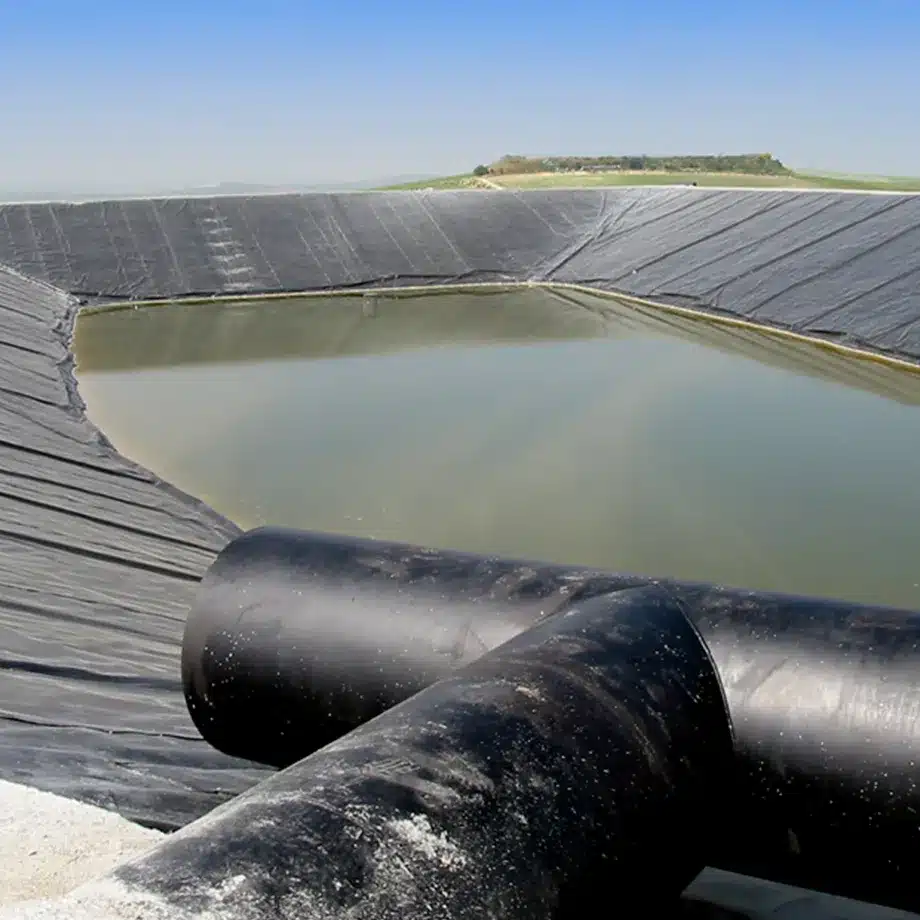
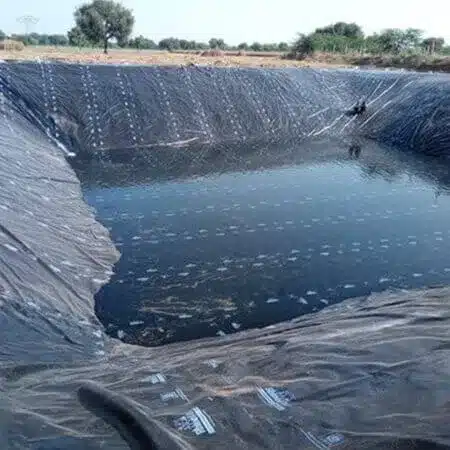
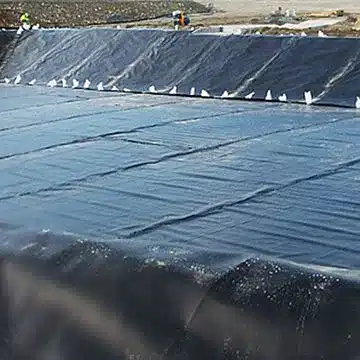
Get Free Sample
We’ll respond as soon as possible(within 12 hours)

